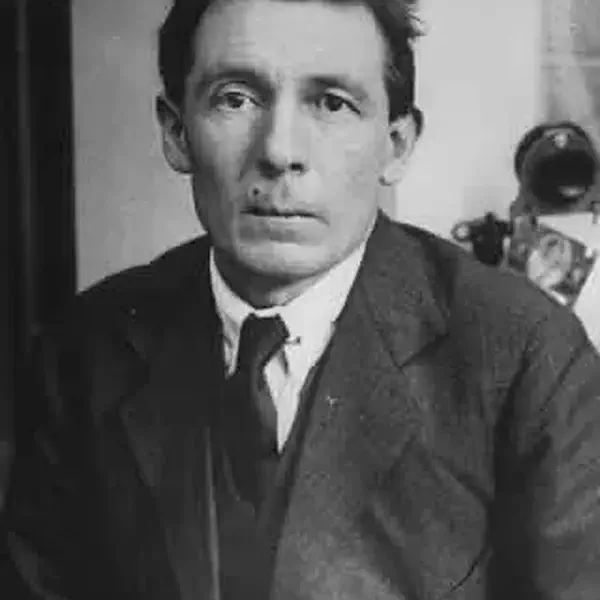
Birth in Tralee, Co. Kerry of Austin Stack, Anti-Treaty Nationalist
December 07, 1879
Augustine Mary Moore Stack (7 December 1879 – 27 April 1929) was an Irish republican and politician who served as Minister for Home Affairs from 1921 to 1922. He was a Teachta Dála (TD) from 1918 to 1927.
Early Life
Stack was born in Ballymullen, Tralee, County Kerry, to William Stack, an attorney’s clerk, and Nanette O’Neill. He was educated at the Christian Brothers School in Tralee.
At the age of fourteen, he left school and became a clerk in a solicitor’s office. A gifted Gaelic footballer, he captained the Kerry team to All-Ireland victory in 1904. He also served as President of the Kerry Gaelic Athletic Association County Board.
Political Activism
Stack was deeply involved in Irish nationalist and republican activities from an early age. He was a member of the Irish Republican Brotherhood (IRB) and played a role in the Gaelic League.
1916 Easter Rising
Stack was imprisoned in Frongoch internment camp in Wales following the 1916 Easter Rising. Many of the leaders of the Rising, including Michael Collins, were also interned there.
Anti-Treaty Stance
During the Irish Civil War (1922–1923), Austin Stack took an anti-Treaty stance. He opposed the Anglo-Irish Treaty of 1921, which led to the establishment of the Irish Free State.
Imprisonment and Hunger Strike
Stack was arrested in 1923 during the Irish Civil War and went on a hunger strike while in prison. Tragically, he lost his sight during the hunger strike, which continued for over a month.
Later Years and Death
After his release from prison, Austin Stack continued to be involved in Irish republican activities. He served as a Teachta Dála (TD) in the Irish parliament. He died on April 27, 1929, at the age of 49.
Legacy
Austin Stack is remembered for his staunch anti-Treaty stance during the Irish Civil War and his dedication to the cause of Irish republicanism. His involvement in various aspects of Irish nationalist and republican movements reflects the complex political landscape of the time.
Austin Stack’s contributions and his stance during a pivotal period in Irish history are remembered as part of the broader narrative of Irish independence and the complexities that emerged during the establishment of the Irish Free State.